Welcome to your very own lab! As a new undergraduate in the stem cell research laboratory, you will get to raise your very own stem cells in Dish Life: The Game. Grow and nurture your stem cells, keeping them happy with medium while helping build your laboratory with new rooms and equipment.
In our Dish Life: The Game tips and tricks guide, we will go over the basics of growing a nice dish of stem cells, getting lots of experience to buy more equipment for your laboratory, and how to progress up to a professor! Let’s get started with our Dish Life: The Game tips and tricks strategy guide to becoming a professor!
Growing a Healthy Dish of Stem Cells
On your first day as an official laboratory scientist, the game will teach you the basics of growing your first batch of stem cells. We will reiterate just for clarity’s sake, and we will give you tips along the way.
You are automatically given a batch of stem cells to start out with, and you need to take care of them to encourage growth. There are two main stats you need to watch out for: happiness and feed.
Cells need food to survive, so you need to keep them constantly supplied with medium. When you are looking at a dish, you can tell how well-fed the cells are by the color of the dish. If it is a bright, vibrant red, the cells are well-fed. If it is a pale white, they need more food.
You can also simply look at the cells themselves to see how they are doing. The cells have cute little faces that are very expressive, and if they look happy then they ARE happy! You do not want them to get sad, so the next thing you need to take care of it tending to the cells.
Cells like the company, so when you have a scientist stationed at the dishes, their happiness slowly increases, and it decreases when they are left alone. Your cells will grow only when they are happy enough.
So, to recap, keep a scientist stationed at the dishes to make the cells happy and ensure that they are well-fed with enough medium. That is the recipe for a healthy dish!
Always have Medium on Hand
When you have a scientist working the medium bench, they will slowly create medium for you to use when feeding your stem cells. When a cell dish is completely empty on food, it almost takes a whole supply of medium to bring it back up to maximum happiness.
Always make sure that you have at least half a supply of medium on reserve. You do not want to be caught in an emergency where your cells are on the verge of death and you have no medium to feed them with!
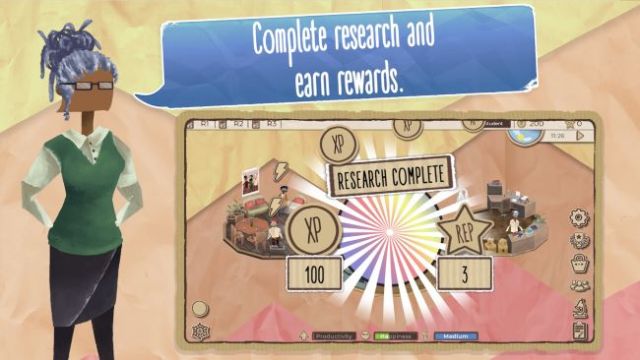
Keep completing Research Projects
Before you can add any more equipment or rooms to your laboratory, you need the experience in order to buy them. To get experience points, you need to complete the research projects found in the projects button at the bottom right corner.
Each research project will ask you to do some sort of objective, like grow a certain amount of cells, split cells into multiple dishes, buy equipment, and so on. When you complete a research project, you will earn experience points, so try to do as many as you can.
You will see that some research projects are a bit harder than others, and for good reason: these ones are usually worth more experience. For example, the project where you have to split three different dishes is worth 250 experience, but the project where you have to create a few mediums is only worth 50 experience.
Aside from that, most projects are easy to finish, so make sure you head back into the projects to choose new ones. You can have up to three projects at a time, and you can quickly check your progress on them by tapping at the “R” at the top of the screen.
Splitting Dishes
Each dish can hold up to 100 cells. Stem cells do not like when it gets crowded, so if a dish is nearing maximum capacity happiness will go down and the cells will stop replicating. There are two things you can do here: split the dish or freeze it.
Freezing the dish will store all of the cells for later, and this comes into play at a later point in the game. Most of the time, you will split the dish instead. If you have an extra dish open, you can split a dish by drawing a line through it. The more centered the line is, the more cells will get moved.
When a dish is starting to get crowded, be sure to split it so that you can continue growth. Also, if you are about to attempt to differentiate your cells, make sure you have at least one dish full of regular stem cells left over, so split if you need to.
Attempting to Differentiate your Cells
In order to grow as a stem cell scientist, you need to discover new types of cells and this is done through a process called differentiating. Differentiating happens at a special workbench, and a scientist must attend it at all times, otherwise progress will come to a halt.
When you attempt to differentiate your cells, you get to choose what you want to turn the cells into. Discovering more types of cells is the key to advancing in your career, so it is important to try this out.
This is a delicate process, and you may end up with unknown cells that cannot be used in any process and unfortunately have to be thrown out. If this happens, do not worry – just try again (and make sure you save back up stem cells).
To start out, differentiating’s success is determined by the cell count. You should only attempt to differentiate your cells when you have 90 or more in the dish for maximum chances of success.
Once you choose the type of cell you wish to work towards, keep a scientist at the workbench to fill the progress bar. Once it is complete, you will either discover a new type of cell or get unknown cells. The more cells you discover, the more you will progress in your career!
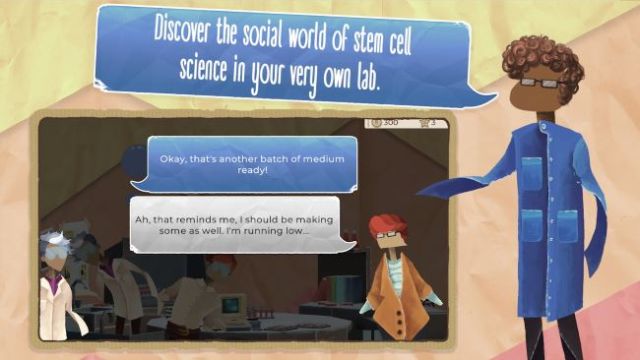
Ordering Cells Directly
You can order cells to be directly delivered to your dishes if you need to. You buy them with experience, and half of an empty dish will be filled up. There are three suppliers: Stem Cell Direct, Stem Cell Industries, and The Stem Cell Company.
They each cost different amount of experience, but the more expensive choices are better quality. More often than not, buying from Stem Cell Direct will result in half of the shipment dead on arrival. If you have the experience to spare, we recommend buying at least from Stem Cell Industries.
If you are careful about managing your stem cells (as we mentioned, make sure to always keep a backup dish of stem cells) and taking care of them, then you should not have to worry about buying direct.
Should you find yourself in a situation where all of your stem cells are dead and you have no experience points to spend, your lab partner will give you a few cells to start out with. Make sure not to let it happen again!
Buying new Equipment and Lab upgrades
When you have hefty amounts of experience points, considering getting new equipment for your lab. Each equipment increases production – what this means exactly depends on the equipment in question and where it is located.
Equipment bought for the lab will speed up every process; medium making, differentiating, and tending to cells will all happen faster and with less energy. Equipment bought for the tea room will help tired scientists recover faster.
Lab upgrades function mostly the same but in bigger effects. The lab upgrades are much more expensive than the regular equipment upgrades, but they are very much worth it.
Managing Energy and Productivity
Each scientist has three stats: experience, productivity, and energy. Experience determines how well a scientist can differentiate, productivity determines how fast they can get through processes, and energy is drained upon any action performed. Scientists must rest when they lose all energy.
Experience will go up on its own as you make your scientists perform tasks. Productivity slowly drains like energy does, but it can be boosted by having someone at the research station, which grants a boost to all scientists. Station your scientists in the tea room to increase their energy.
Productivity drains over time and eventually it will get to a point where you cannot recover it through the research room. To restore productivity you must send a scientist home early for the day. This means you will be down a scientist, but they will come back fully refreshed and ready to work the next day.
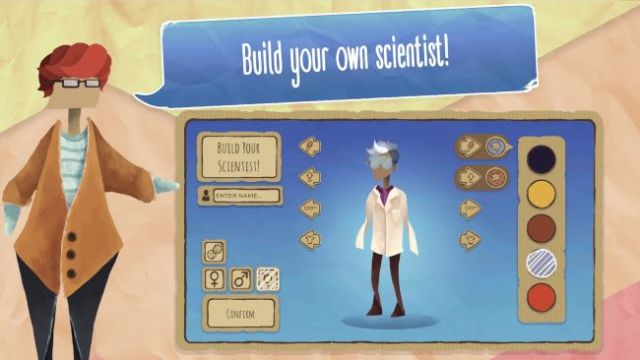
Recruit more Scientists
You can advertise your lab to attempt to recruit new scientists. To do this costs a lot of experience (1,500), so make sure you start saving up. Having additional lab members around is extremely helpful as you can imagine, so try to get one as soon as you can.
The Path to Professor
That is about all you need to know for Dish Life. Rotate your scientists out to make sure they do not get too tired, keep a close eye on your stem cell dishes, keep differentiating, buy more upgrades for the lab, keep completing tasks, and you will be a professor in no time. Good luck!
And that is all on our guide for Dish Life: The Game! If you have any other tips or tricks to share, let us know in the comments below!


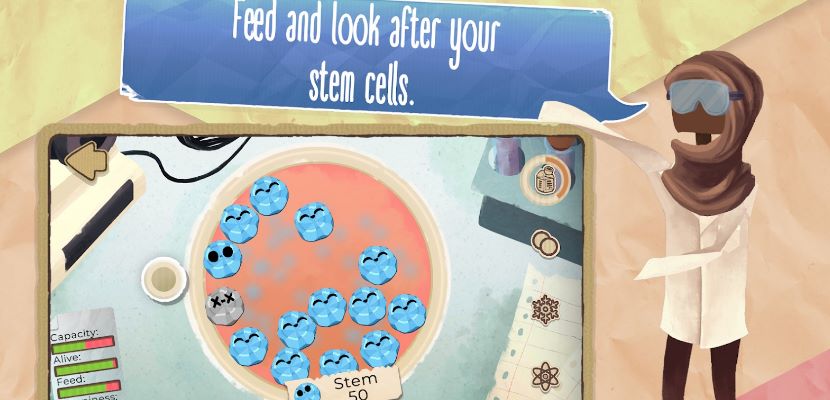



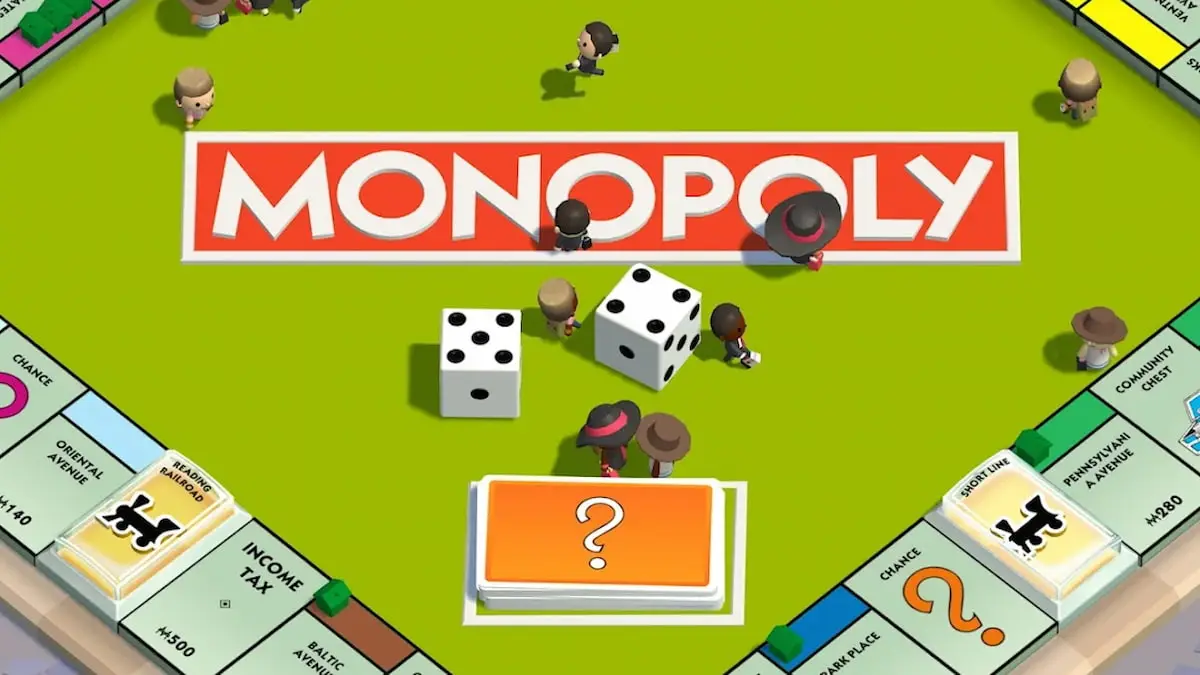
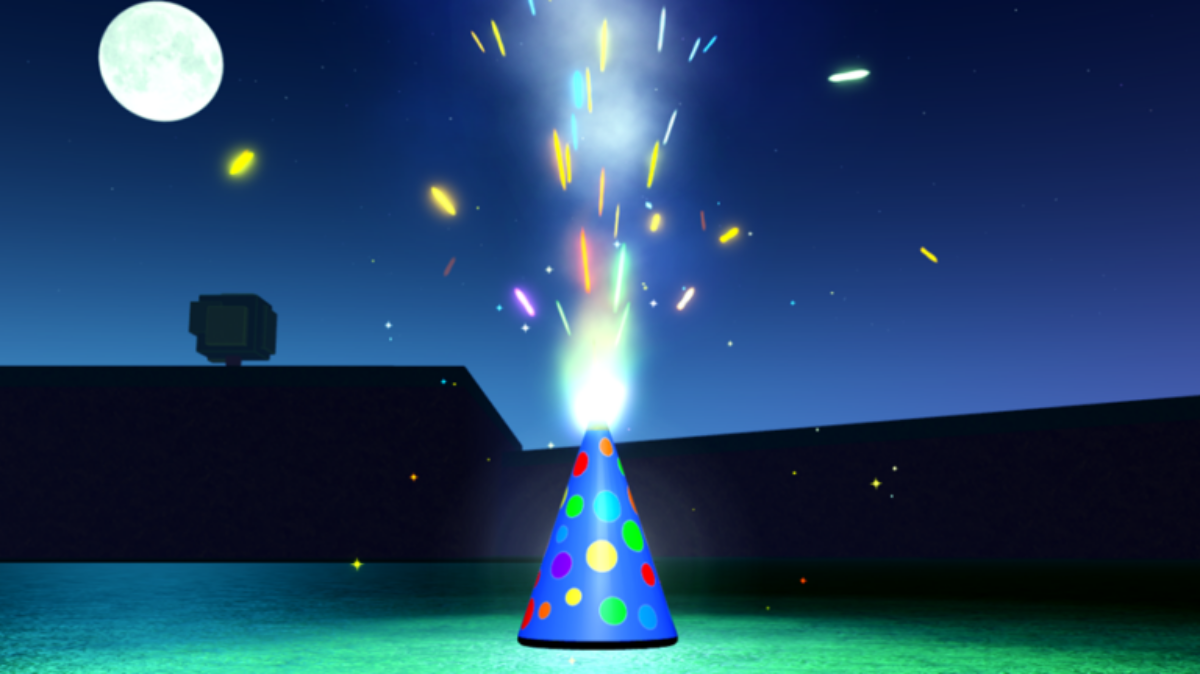
Published: Mar 3, 2020 08:24 am